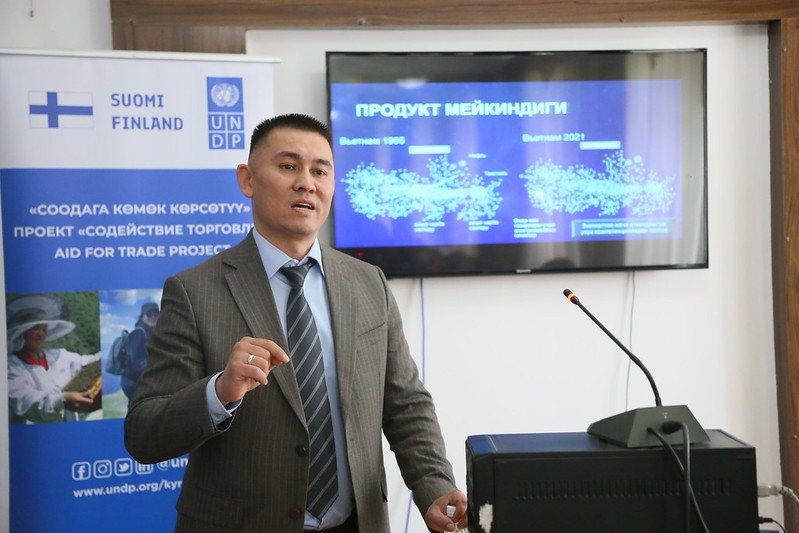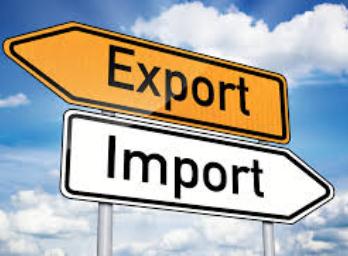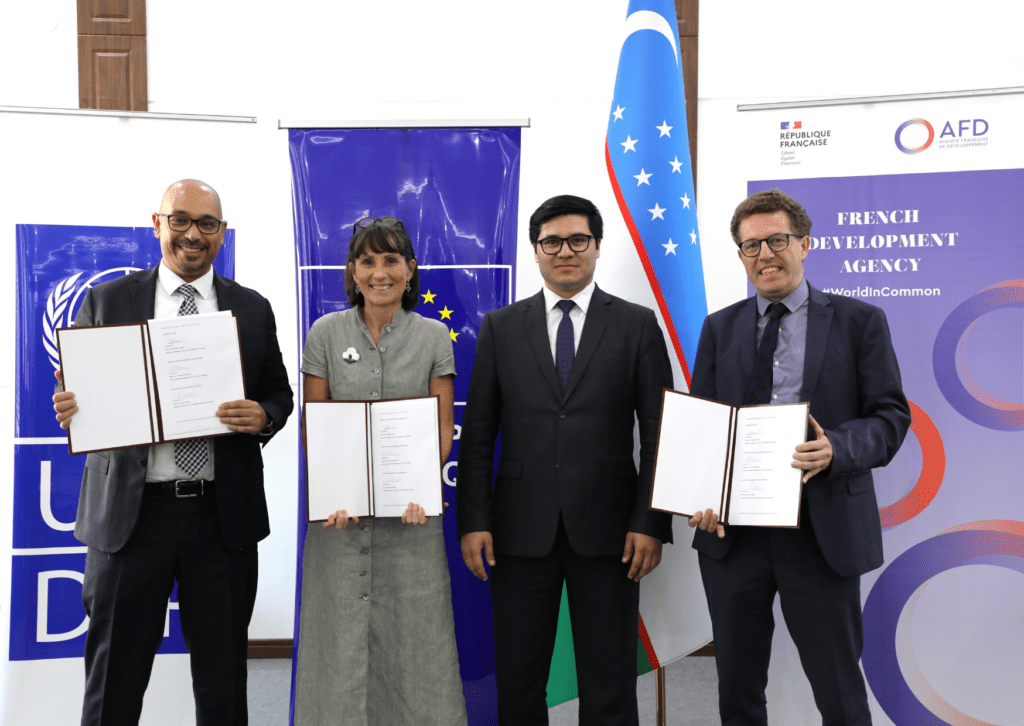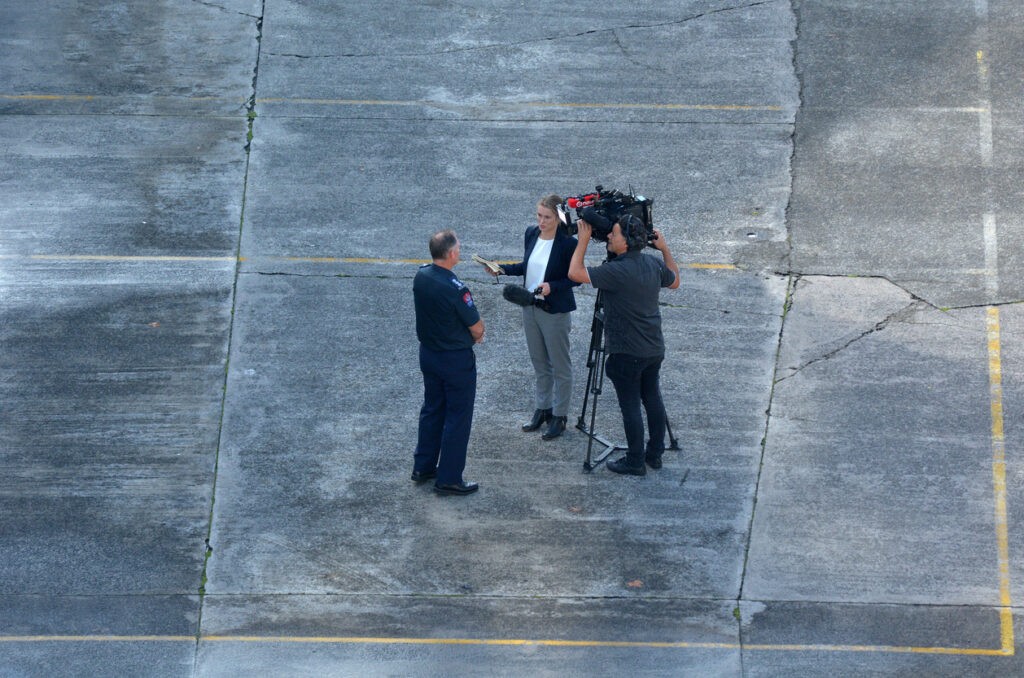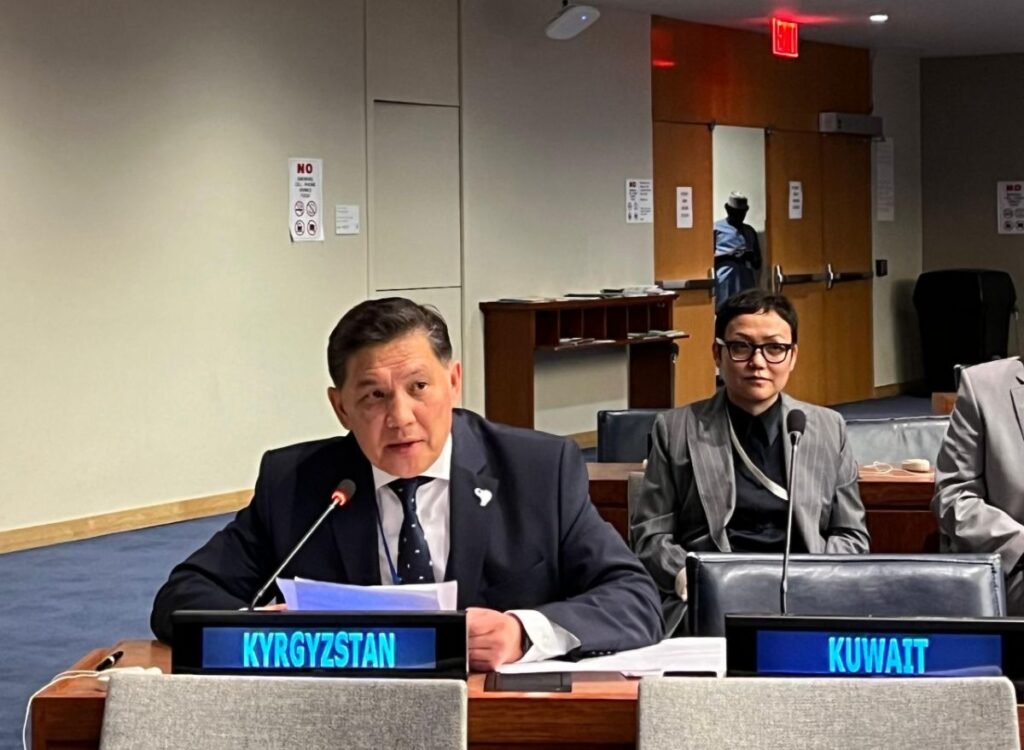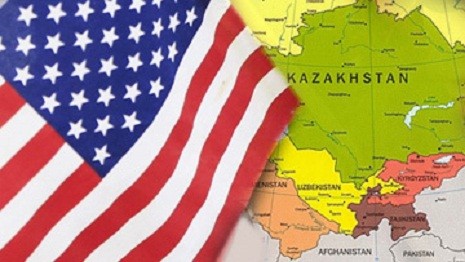UNDP Supports Export Promotion Center in Kyrgyzstan
A much welcomed export development and promotion center has been launched in Kyrgyzstan with support from the United Nations Development Programme (UNDP).
According to a report by the UNDP in Kyrgyzstan on May 7, the key aim of the Kyrgyz Export Center is to offer advice and equip Kyrgyz companies with skills and knowledge to navigate and succeed in international trade.
Local businesses are promised access to a wide range of beneficial services including the provision of data and analysis of potential international markets and step-by-step guidance in entering foreign markets. Help will also be available to enable companies to fully exploit their export potential through programs tailored to maximize growth and competitiveness.
In addition, local companies will be encouraged and offered support to participate in trade missions and international exhibitions through which they can showcase their products to a global audience.
Emphasizing the organization’s commitment to best international practices, Urmat Takirov, director of the Kyrgyz Export Center, stated, “We strive to apply the best practices and approaches adopted in international business to ensure the best results in the development of export-oriented companies in Kyrgyzstan.”


